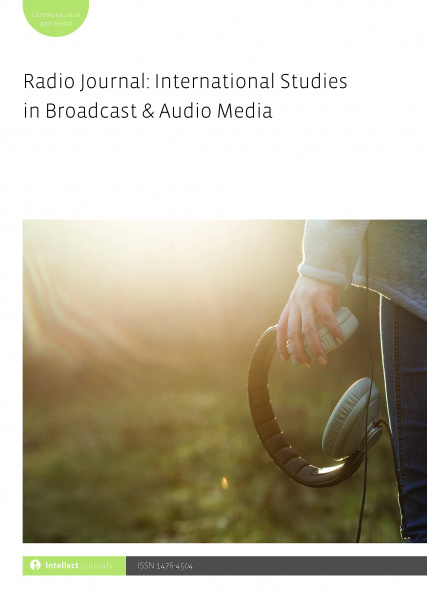
Full text loading...
 , Audrey Gadzekpo1
, Audrey Gadzekpo1
Radio is hailed as Africa’s medium of choice in the global communication age. Introduced as a colonial tool of information, education and entertainment in the early 1930s, radio broadcasting was mainly in colonial languages as colonial administrators perceived local language broadcasting a threat to their empire building and ‘civilization’ agendas. The fortunes of local language broadcasting did not dramatically change in the independence era when broadcast media were in the firm control of the state. From the beginning of the twenty-first century, however, mostly resulting from a more liberalized media environment, local language broadcasting has undergone unprecedented growth. Drawing on written archival material, including internal communication among policy-makers, audience letters, key informant interviews and findings from a recent audience study, this article charts the progressive development of local language radio broadcasting in Ghana, and engages with the role played by early audiences and broadcasters in indigenizing broadcast content.

Article metrics loading...

Full text loading...
References


Data & Media loading...

Publication Date:
https://doi.org/10.1386/rjao_00018_1 Published content will be available immediately after check-out or when it is released in case of a pre-order. Please make sure to be logged in to see all available purchase options.